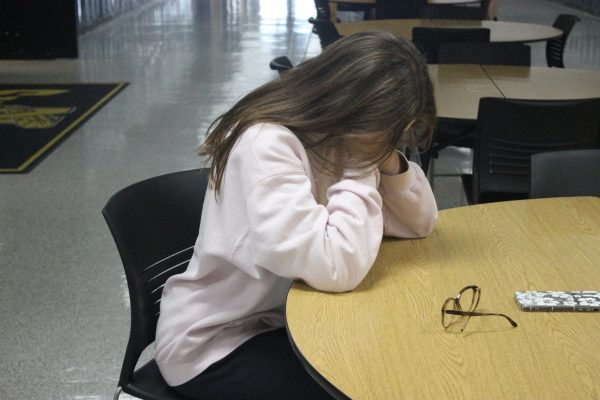Alabama abortion sanction implemented
Activism is key to protecting rights
In the past few months, the contentious topic of abortion has somewhat been placed on the backburner, but has once again come to light as Alabama state legislators passed a pro-life favoring bill on May 14, 2019. Republican Alabama governor, Kay Ivey, signed the bill on May 15, 2019, enacting it into state law. With this law, Alabama legislators ensured that the act of performing essentially any abortion is to be a class A felony, punishable by 10 to 99 years, or life in prison. This law, however, is both morally and legally unjust, and further perpetuates systemic oppression and social discrimination.
Lawmakers and media are calling this law only a “near-ban”, due to the fact that abortions of pregnancies in which the carrier of the fetus is in danger due to complications are exempt from the law. This “silver lining” of the bill does not reconcile though, considering there are currently no exemptions for victims of rape or incest. It is clear to see that Republican lawmakers aim to start a domino effect of sorts, with the last domino in line being to repeal the 7 – 2 ruling of Roe v. Wade: the 1973 supreme court case that legalized abortion in all 50 states, the prospects of this being achieved are fairly dim though.
This is not the first time the notoriously pro-life state has passed legislation to “protect the sanctity of unborn life”. Previously in 2018, the Alabama state constitution had an amendment passed that “declares, and affirms that it is the public policy of this state to recognize and support the sanctity of unborn life and the rights of unborn children, including the right to life.” More importantly, it states that “…nothing in this [state] Constitution secures or protects a right to abortion or requires the funding of an abortion”. This was another attempt to push the pro-life agenda, but since the passing of this amendment, there has been negligible changes in the abortion rates in Alabama. This goes to show abortions will still happen, regardless of what the state legislature says. Yes, it is likely inevitable this will end up being of question nationwide in the high court, but I do not believe it is likely any substantial changes will be made, that is with the added security and precautions via firm activism and pro-choice support.
Now, why does it even matter if abortion is legal or not? Well, to put it simply, strict abortion laws severely decrease the quality of life of, and puts a huge strain on marginalized genders (cisgender, (the opposite of transgender,) women are not the only genders capable of being pregnant). An unwanted pregnancy can throw someone below the poverty line, due to the high expense of raising a child.
As history repeats itself with the prohibition of alcohol and drugs, criminalizing abortion will lead to a much higher rate in injuries and health issues inflicted upon the carrier of the baby, due to unstandardized abortion techniques and procedure. It is absolutely necessary that we continue to stand up against the changing abortion laws, for the sake of all of us, but more specifically the marginalized genders of our society. Send letters to our state legislators, volunteer at protests and continue to voice your opinions for the sake of all marginalized people .

Benton is a senior and second year staff member for the Newtonian. He works at Prairie Harvest, has participated in five theatre productions, has been...










